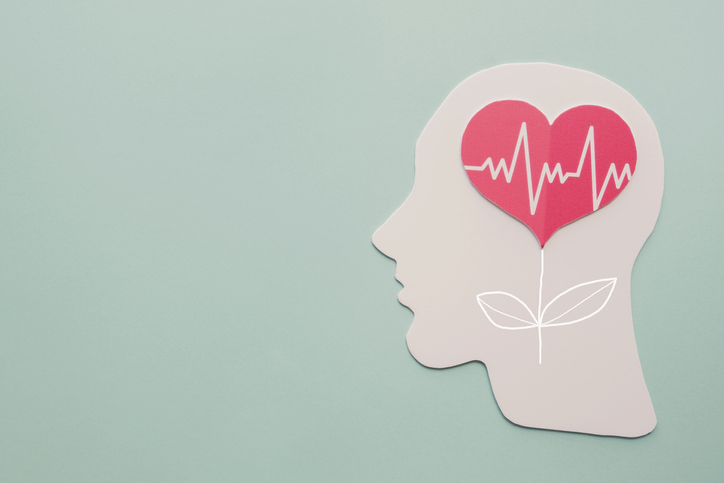
While physical health is important in the military and the civilian world, mental health is another aspect of your health that is crucial for your well-being both during and after your service in the military. Challenges and issues you face as a veteran should not be hidden or ignored. With a range of resources available, there are several ways to address your mental health needs and feel better.
Understanding the signs of mental health challenges in yourself or someone close to you is crucial. Adults who are suffering from a mental health disorder may show signs such as:
Reaching out for yourself or a loved one is the first step to recovering. Below are some resources that are available to veterans:
VA Screening Tool- The Department of Veterans Affairs offers a brief screening tool that provides instant feedback. If you want to know if you may have symptoms of a specific mental health condition, this confidential, anonymous tool can help.
TRICARE- This is a health care program provided to military members and their families. This program may provide coverage for mental health services. Mental Health Care Services provides outpatient therapy for up to two sessions a week for individuals, families, or group sessions.
Substance Abuse and Mental Health Services Administration- In some cases, mental health disorders can lead to substance use disorders. This organization provides information about preventing substance abuse as well as treatment, recovery, and more.
The National Institute of Mental Health- This organization provides a range of information on mental health topics. It also lists current clinical trials that provide access to free treatment—Call 866-615-6464 for more information.
Asking for help or offering help is not an easy task. Many of those who need help are stopped by the stigma that mental health conditions can carry. It’s important not to let this stigma get in your way of reaching out.
It is estimated that 1 in 5 Americans experience a mental health disorder every year. Most conditions are common and treatable and should not make you feel ashamed or stigmatized. There are a variety of treatments that can help you heal in a positive way, such as behavioral therapy, art therapy, and more! It is a sign of true strength when someone can face their issues and get the help they need.